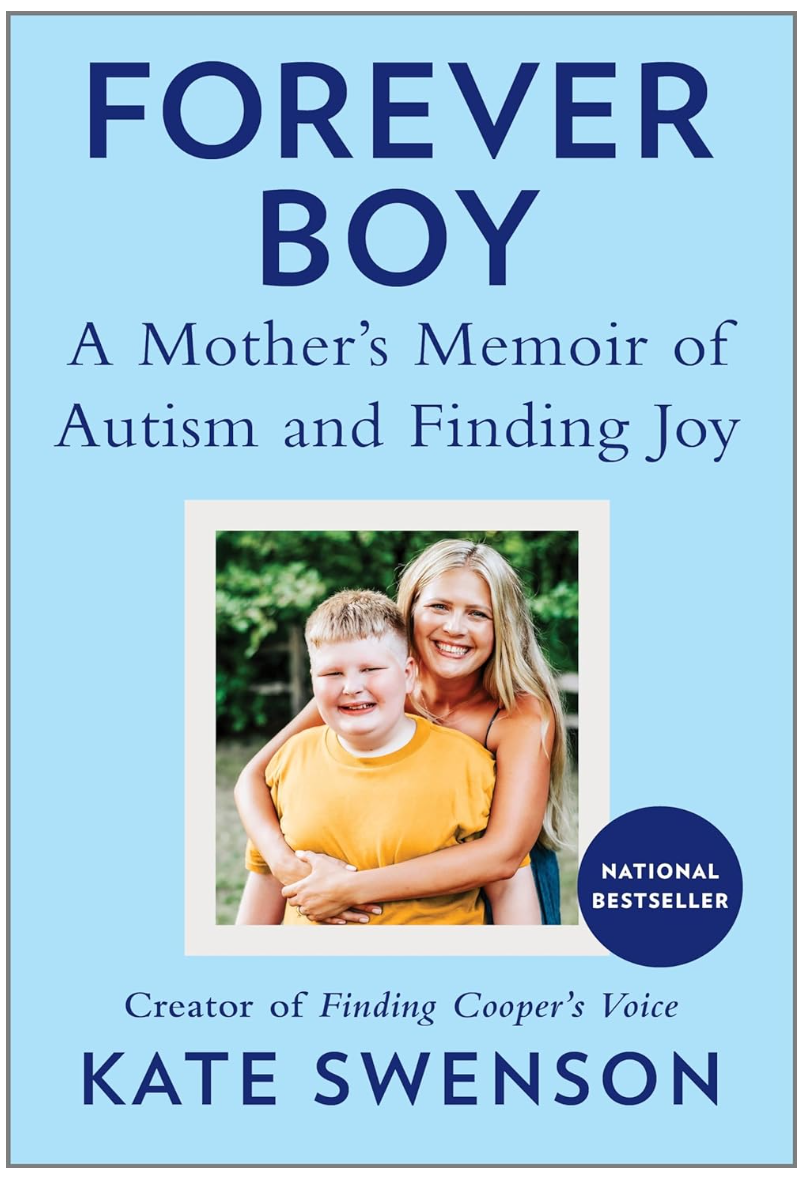Signs to Bring Awareness to the Invisible Disability

Last April, Cooper and I were playing at an inclusive playground in our town. The park was developed by a family of a little girl with Cerebral Palsy. It was the one place that I felt comfortable bringing Cooper alone.
Except that didn’t happen for us. We had an incident with a family that ended up making national news. You can watch the story here: https://www.facebook.com/findingcoopersvoice/videos/838207582988371/
For the first time in my son’s life we were made to feel like monsters because my son was autistic. It was a rude awakening and incredibly eye opening for me. I realized how far we have to go to promote inclusiveness. Anyhow, what I took away from that terrible experience was we need to educate more. My son has severe, nonverbal autism. And he looks like every other seven year old. Except, he doesn’t think like a seven year old. He doesn’t communicate like a seven year old. And he doesn’t react like a seven year old. I think this is why his odd behaviors surprise people so much. His disability is invisible.
Even without that incident, I still find it hard to go out into the community with my autistic son. He is a runner, an eloper, and a flapper. He doesn’t sit and play quietly. In fact, he doesn’t sit at all. I often feel judged in public.I worry about my son’s behaviors. And I worry about how others are going to react to his behaviors. All of this sits on my shoulders.
When we are in a public setting I want the world to know that my son has autism. And I want to do it in a tasteful and educational way.
A few months ago I approached our local parks department and asked if they would add a sign to our local parks explaining invisible disabilities.
Here are my favorites. Signs like these can be used anywhere. I encourage you to share this post with your schools, daycare, therapy centers, parks department, counties, etc. Ask them to help you educate the public about invisible disabilities but also feel comfortable when you are in a public setting.
Never stop adovcating! Good luck!
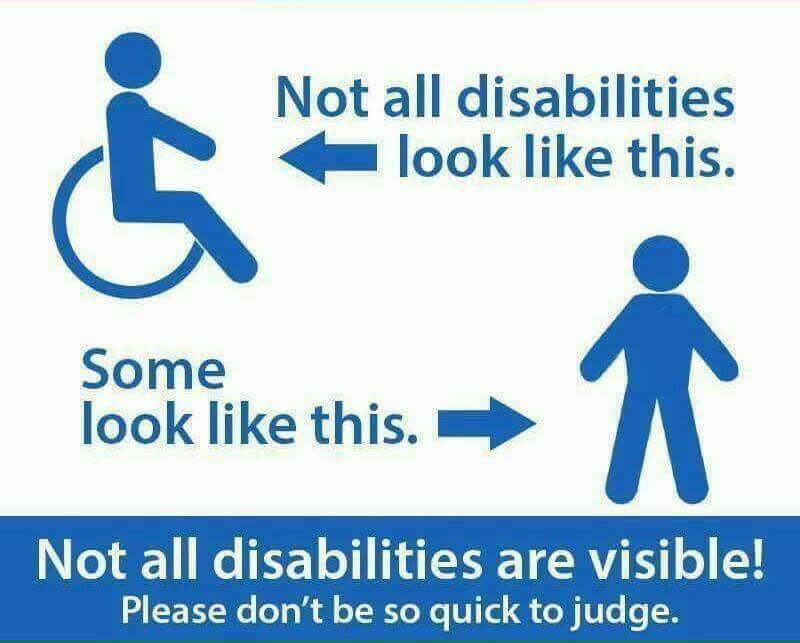
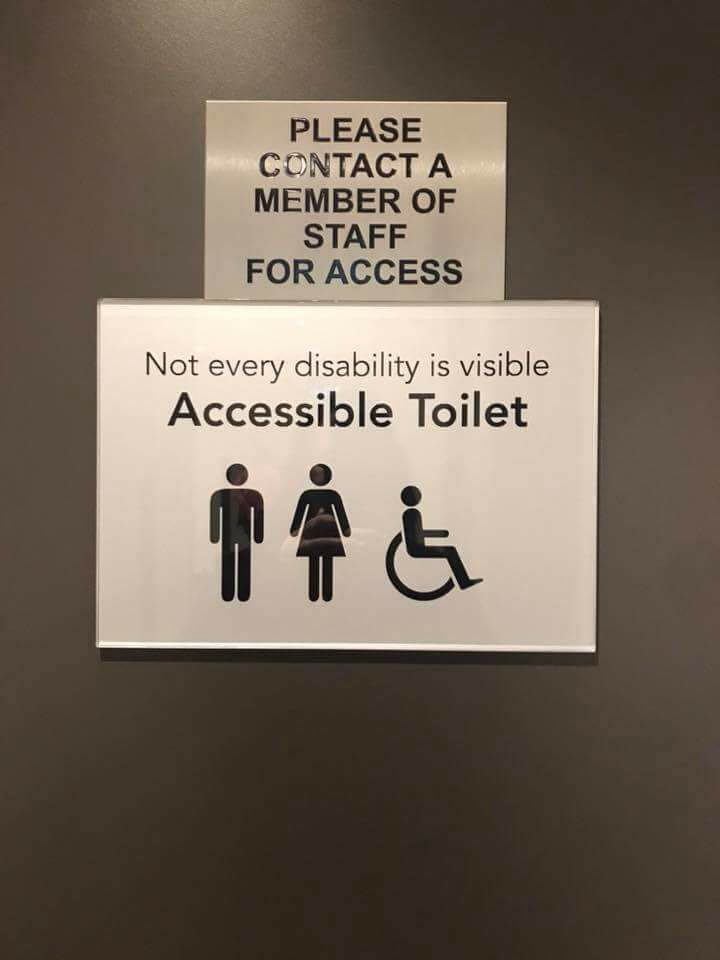
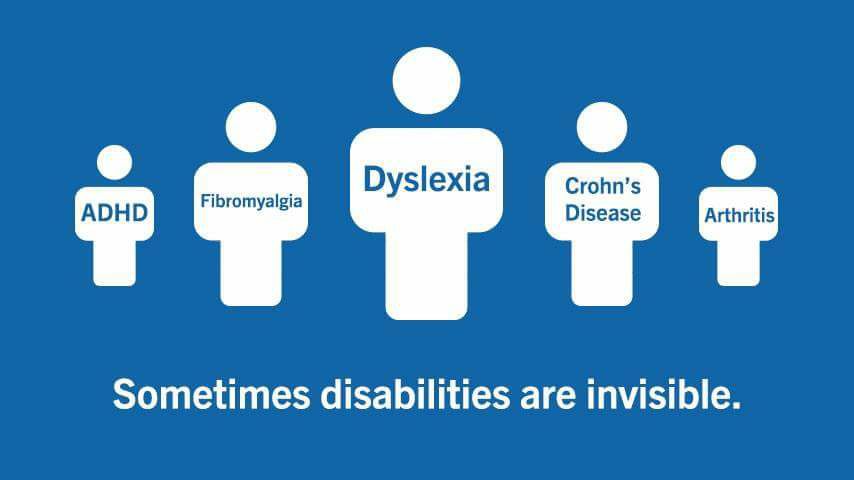
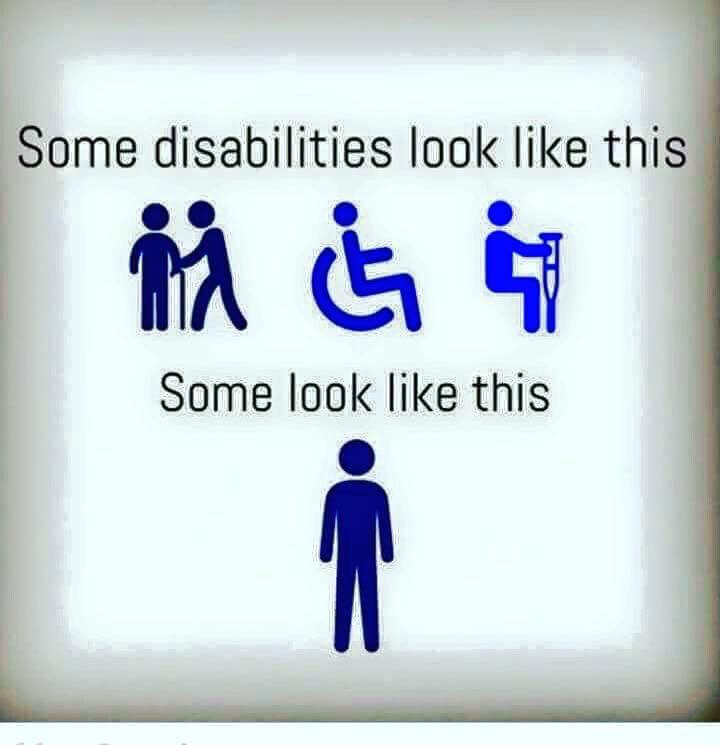
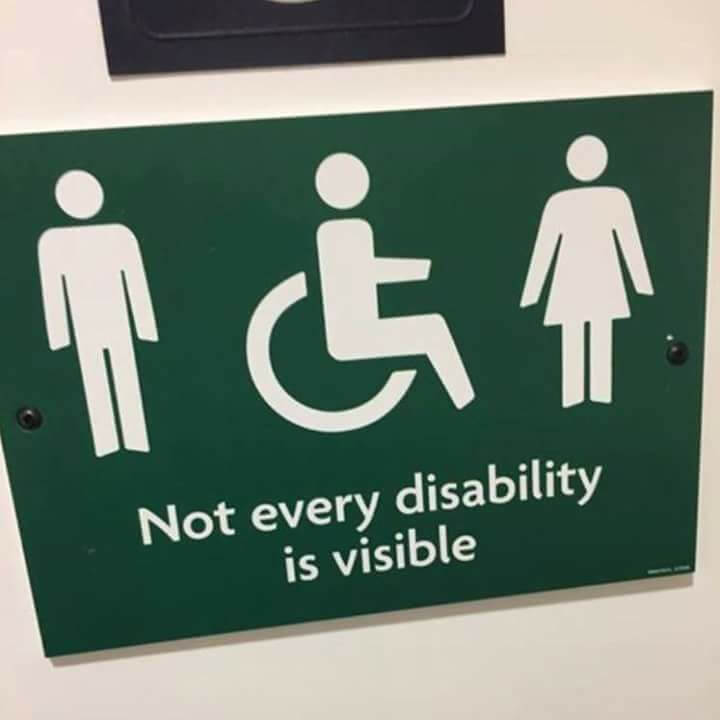
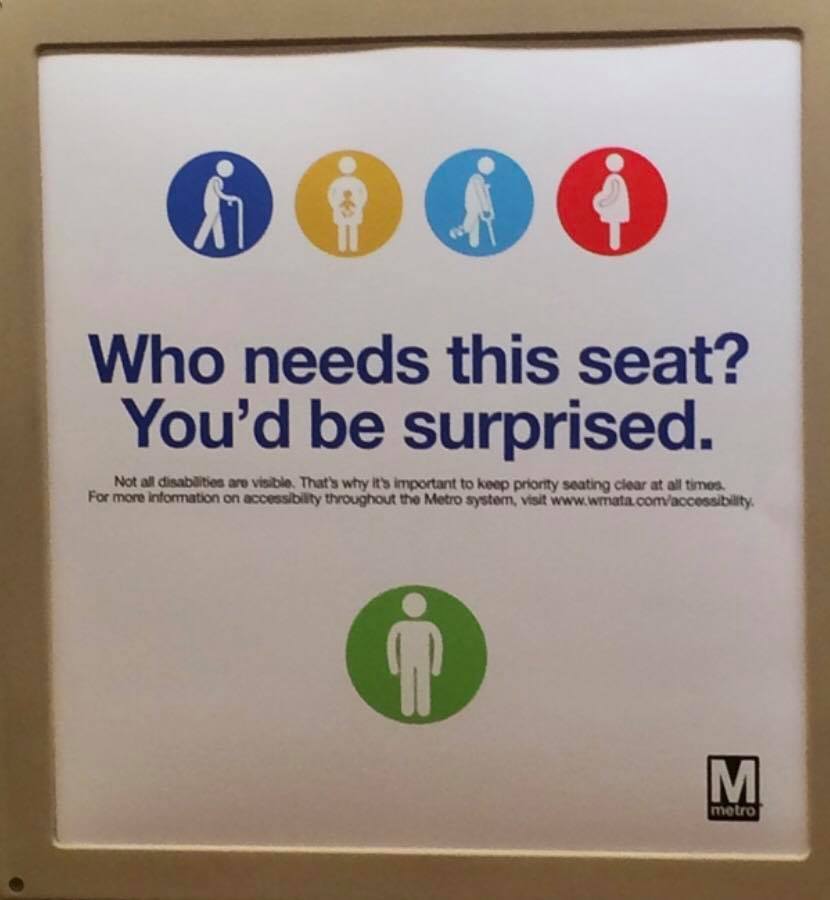
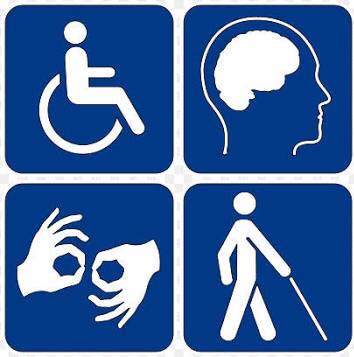
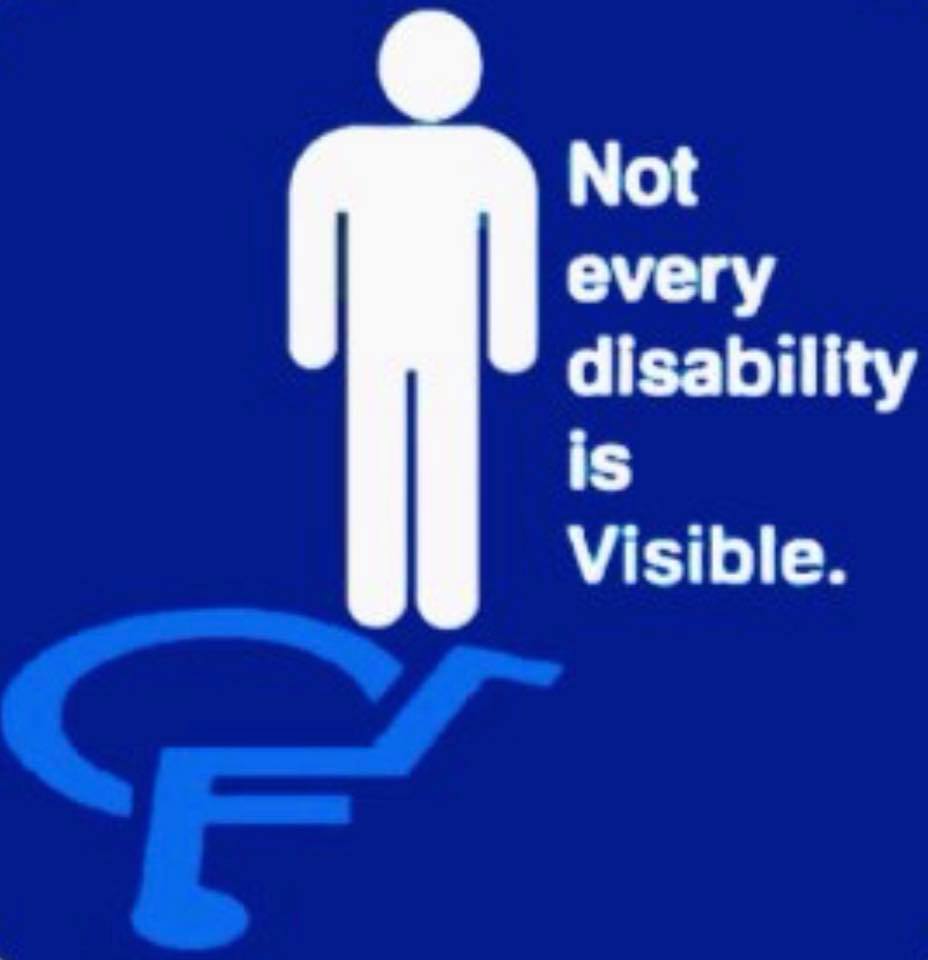
Finding Cooper’s Voice is a safe, humorous, caring and honest place where you can celebrate the unique challenges of parenting a special needs child. Because you’re never alone in the struggles you face. And once you find your people, your allies, your village….all the challenges and struggles will seem just a little bit easier. Welcome to our journey. You can also follow us on Facebook and subscribe to our newsletter.

